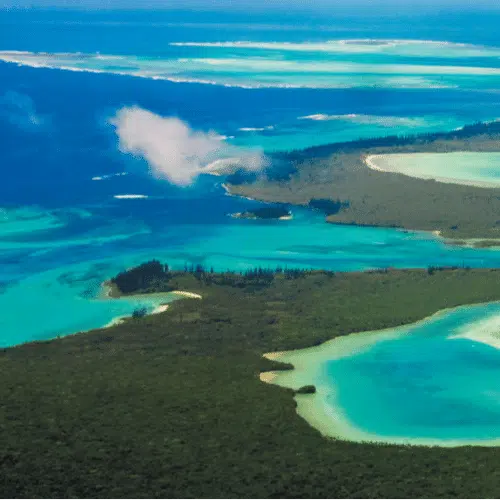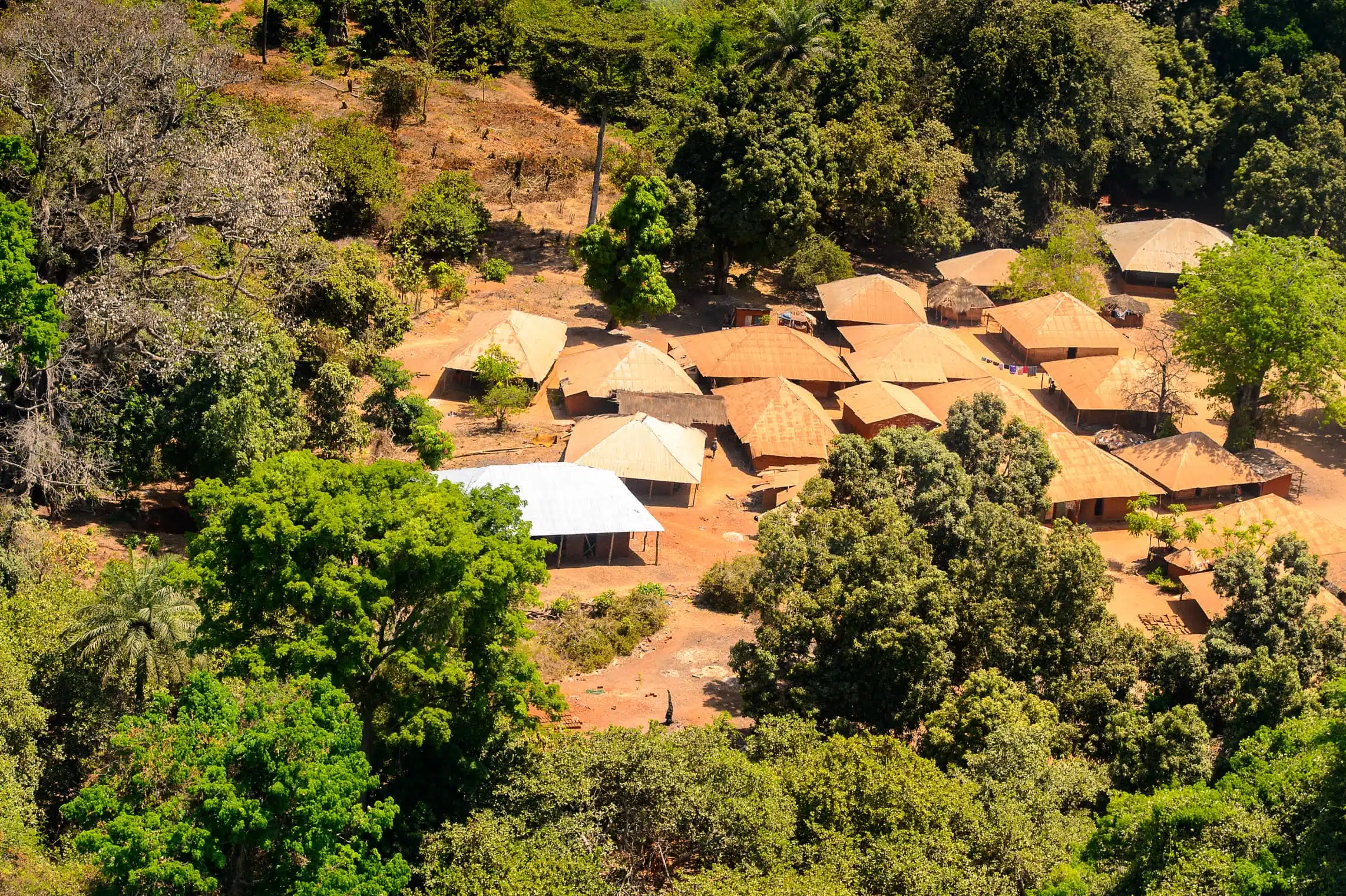A human adventure in the Bissagos Islands
While visiting the Bissagos Islands for a scouting mission, PONANT had the chance to meet a passionately dedicated couple who for the past 15 years have been living on the archipelago in order to build and develop a responsible tourism business and get involved with and work on behalf of local communities. This meeting resulted in the PONANT Foundation and the Escama Foundation coming together to form a partnership for the purposes of helping to provide and support education on these remote islands. With more than fifty percent of the population illiterate, education is a key issue in the Bissagos Islands. An interview with Escama Foundation founder Sonia Durris.
What made you want to develop an eco-tourism project in the Bissagos Islands?
Laurent and I both love the Bissagos Islands, and we both had the same dream of living in this earthly Garden of Eden and promoting awareness of the unspoiled natural environments, the rich and varied wildlife and the traditional villages the archipelago has to offer. Laurent, who is well integrated into the local communities, managed to get a concession to develop tourism on the small (4.2 acre) sacred islet of Ilheu de Kéré located in the northern part of the archipelago. Working bit by bit over time, we have now constructed 15 eco-lodges on the island, all built to fit in harmoniously with the natural surroundings. In addition to sport fishing, we offer an all-round wellness experience featuring yoga classes, Ayurvedic massages, kayaking and paddleboarding. The food is prepared on site from simple fresh products.
How was the Escama Foundation set up and what are its main purposes?
Though we began supporting development projects as soon as we moved to Kéré, the Escama Foundation was not officially established until 2019, when it was set up with the cooperation of a representative from each of the two nearby islands on which it operates, Carache and Caravela, with which we are in constant contact. ESCama means ‘fish scale’, and each of the first three letters represents one of our three primary missions: éducation, santé and communauté (education, health and community).
What kinds of actions are you doing on the islands?
The Foundation has made it possible to set up a health centre from which all the inhabitants of the islands of Carache and Caravela benefit. It also helps with financing for equipment and facilities such as motorised dugout canoes, rice husking machines, boreholes and solar panels. The foundation has been involved in setting up three schools on the islands of Carache and Caravela since 2016, providing financing for training, salaries, essential equipment, and the costs of food and transport for teachers. Because our islands are isolated from the mainland, it’s especially important to ensure that living conditions for teachers are of an acceptable standard in order to motivate them to stay and settle with their families.
How does the partnership with the PONANT Foundation work?
We share with PONANT a common vision of sustainable tourism combined with helping the local people alongside whom we develop the travel experiences we offer. The idea of a partnership with the PONANT Foundation was therefore a natural step to take. The financial aid this brought made it possible to rebuild Mantchacadé school in the village of Anipoc (on the island of Caravela) Because the earthen walls and wooden frame of their original school were in danger of collapsing, the pupils were having to travel over 18 miles to a Christian-based faith school on the other side of the island and sleep there. The new school is made from brick and cement walls supported by a metal framework.
Who will be attending the new school and how will it be run?
The school will begin teaching children of kindergarten age and upwards from the start of the next school year in September 2021. Up to around 100 pupils could be taught there. The plan is to also run literacy courses for adults. More than 180 people have already shown interest in the school. There will be three teachers in charge of the students. Though they will be following the curriculum of the Ministry of National Education, the school will have the status of a community state school and will therefore be partly managed by the community (with respect to the school calendar, teacher selection, on site teaching assistance and organising special events and celebrations). The school will be operated in an environmentally responsible manner using solar energy, and will also have a system of waste sorting and separation in place as well as a vegetable garden designed for educational purposes.
What makes providing access to education a particularly important issue in the Bissagos Islands?
There are on average 10 to 15 state schools per every 1,500 pupils on the four large main islands of the Bissagos archipelago. There was no access to education provided until very recently on the archipelago’s northern islands. The schools that did exist on the small islands of Caravela and Carache were located over nine miles away from some of the villages, a very long distance for children who travel mainly on foot due to the lack of public transport. Having a full range of infant, junior and secondary schools available locally avoids the need for young people to travel to the mainland. The Bissagos people have very strong ties to nature and their traditions. Training future adults who are conscious and aware of the richness of this environment and have the skills and abilities to preserve it will help avoid ecological disasters such as monoculture-based cashew nut farming and monofilament fishing, for example, which exploit productive zones in a non-environmentally friendly way. As Nelson Mandela said: “You can change the world with a pen and a notebook”…
A people in harmony with nature
- The people of the islands get their everyday food and resources from the rice they grow, the seafood they harvest and the palm oil they extract.
- There lives are structured around numerous ceremonies, which take place from the age of seven onwards.
- Most of the islands are sacred and the archipelago has been designated a biosphere reserve by UNESCO.
Photo credits : iStock, Studio PONANT/Nathalie Michel, Sonia Durris

PONANT is committed
The PONANT Foundation works to preserve the environment and support local communities



